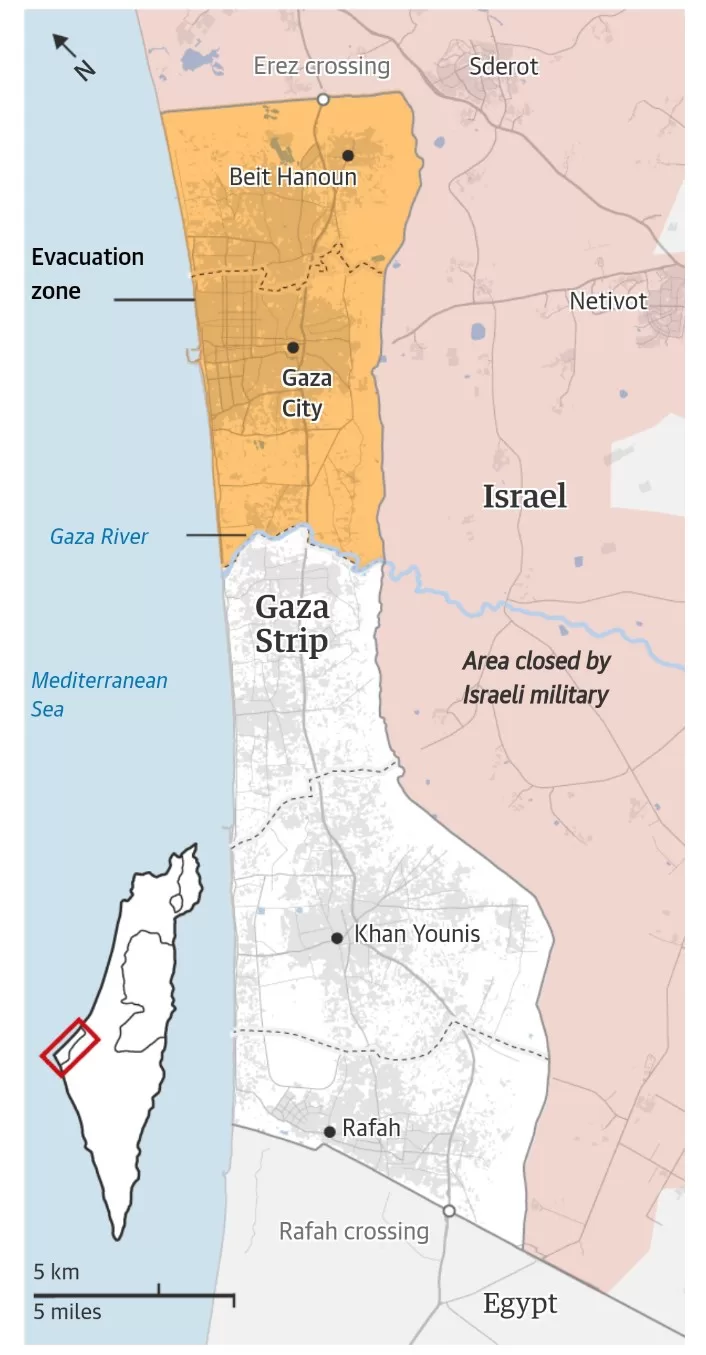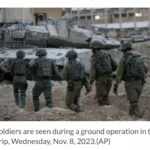In a decisive move, Israeli Prime Minister Benjamin Netanyahu has categorically turned down a proposed five-day ceasefire deal with Palestinian militant groups in Gaza, sources close to the negotiations reveal. The rejected deal, initially on the table during early talks, involved the release of some hostages held in Gaza.
The Israeli premier rejected the proposal outright after an unprecedented incursion by Hamas militants into Israeli territory on October 7, resulting in an estimated 1,400 casualties. Subsequent negotiations, amid an Israeli ground offensive launched on October 27, indicate Netanyahu’s unwavering stance against various ceasefire proposals tied to the release of hostages.
While details remain murky, sources suggest that prior negotiations involved a larger number of hostages, with Hamas proposing the release of dozens of foreign nationals held in Gaza. The Israeli prime minister’s office has not responded to inquiries regarding these hostage negotiations.
Public outcry and demands for prioritizing hostage negotiations have intensified, with families of those held in Gaza rallying outside Netanyahu’s residence. Initial proposals involving the release of children, women, elderly, and sick hostages in exchange for a five-day ceasefire were reportedly dismissed by the Israeli government, signaling a rejection with the launch of the ground offensive.
The ongoing conflict, marked by Israeli bombardments and a ground invasion in the northern Gaza Strip, has led to a devastating toll, claiming more than 10,300 lives and injuring over 25,000 individuals in the past month, as reported by Gaza’s Hamas-run health ministry.
U.S. National Security Council spokesperson John Kirby stated that Israel has agreed to daily four-hour “humanitarian pauses” to facilitate hostage movement out of Gaza. Talks between Israeli officials and Hamas, mediated by Qatar, are reportedly focused on potential ceasefires lasting between one and three days, linked to the release of 10 to 15 hostages.
Negotiations also touch on broader aspects, including increased aid to Gaza and the possibility of easing the supply cut-offs imposed by Israel after the initial incursion. The complexity of these talks underscores the multifaceted challenges faced in resolving the conflict and securing the release of hostages.
As diplomatic efforts persist, internal divisions within the Israeli establishment become apparent, with varying stances from military hawks, government right-wingers, and the Mossad intelligence agency, which leads hostage negotiations. Netanyahu’s public rejection of a ceasefire aligns with his commitment to intensify attacks on Gaza, emphasizing the strategic targeting of Hamas for long-term security solutions.
While negotiations continue, the toll on civilians and the geopolitical landscape remain in a precarious state, demanding nuanced solutions amid the ongoing crisis.







